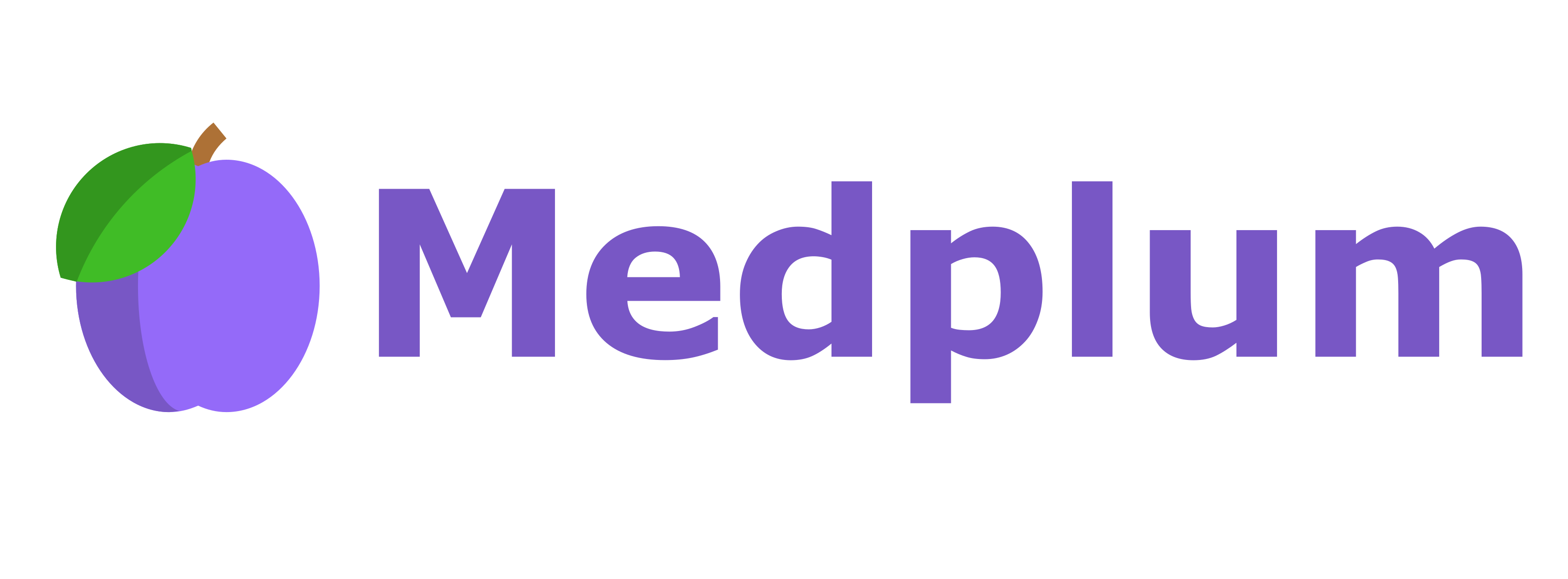Database Compatibility
- pg:
The pg package is optimized for PostgreSQL, supporting advanced features such as JSONB data types, custom types, and asynchronous query execution, which are essential for complex applications.
- sqlite3:
The sqlite3 package is built for SQLite databases, providing a lightweight solution for applications that require a simple file-based database without the need for a server.
- tedious:
The tedious package is focused on Microsoft SQL Server, providing a pure JavaScript interface that allows for seamless integration with Node.js applications without native dependencies.
- mysql:
The mysql package is tailored for MySQL databases, supporting various MySQL features, including prepared statements and connection pooling, making it suitable for high-performance applications.
- mssql:
The mssql package is designed specifically for Microsoft SQL Server, supporting various versions and features unique to SQL Server, such as stored procedures and transactions.
Performance
- pg:
The pg package is designed for performance, leveraging PostgreSQL's capabilities to handle complex queries efficiently, and supports streaming results for large datasets.
- sqlite3:
The sqlite3 package is lightweight and fast, making it ideal for applications with low to moderate data access needs, particularly in embedded scenarios.
- tedious:
The tedious package is optimized for performance in Node.js environments, providing efficient query execution and connection management for SQL Server.
- mysql:
The mysql package is known for its speed and efficiency, providing a fast connection to MySQL databases and optimizing query execution for high-performance web applications.
- mssql:
The mssql package offers connection pooling and efficient query execution, which enhances performance for applications that require high throughput and low latency when interacting with SQL Server.
Ease of Use
- pg:
The pg package offers a comprehensive and intuitive API that facilitates complex queries and transactions, making it easy for developers to work with PostgreSQL.
- sqlite3:
The sqlite3 package is simple to set up and use, making it an excellent choice for beginners or those needing a quick database solution without extensive configuration.
- tedious:
The tedious package provides a clear and concise API for interacting with SQL Server, making it easy for developers to execute queries and manage connections.
- mysql:
The mysql package features a straightforward API that is easy to learn and use, allowing developers to quickly integrate MySQL database operations into their applications.
- mssql:
The mssql package provides a user-friendly API that simplifies the process of connecting to SQL Server and executing queries, making it accessible for developers of all skill levels.
Community and Support
- pg:
The pg package has a vibrant community and excellent documentation, making it easy for developers to seek assistance and share knowledge.
- sqlite3:
The sqlite3 package is widely used and well-documented, with a supportive community that offers resources and troubleshooting help.
- tedious:
The tedious package has a dedicated community and good documentation, providing support for developers working with SQL Server in Node.js.
- mysql:
The mysql package benefits from a large user base and extensive documentation, ensuring that developers can find help and resources easily.
- mssql:
The mssql package has a strong community and ample documentation, providing support for developers through forums, GitHub issues, and tutorials.
Feature Set
- pg:
The pg package supports a wide range of PostgreSQL features, including JSONB, arrays, and custom data types, making it ideal for applications that require complex data handling.
- sqlite3:
The sqlite3 package supports most SQL features and is designed for simplicity, making it suitable for smaller applications and prototypes.
- tedious:
The tedious package supports core SQL Server features, including transactions and prepared statements, providing a robust solution for Node.js applications.
- mysql:
The mysql package includes support for prepared statements, connection pooling, and various MySQL-specific features, which are essential for web applications.
- mssql:
The mssql package supports advanced SQL Server features such as transactions, stored procedures, and connection pooling, making it suitable for enterprise-level applications.


















